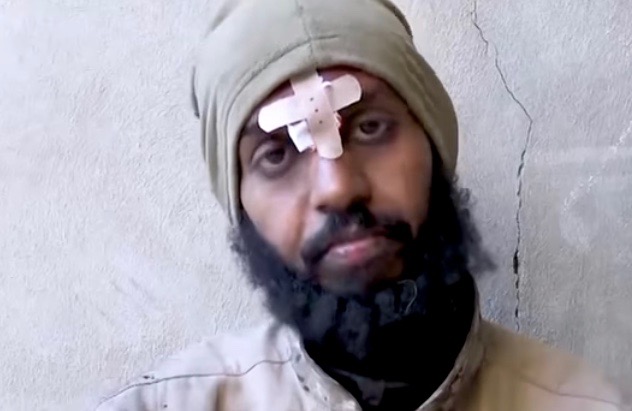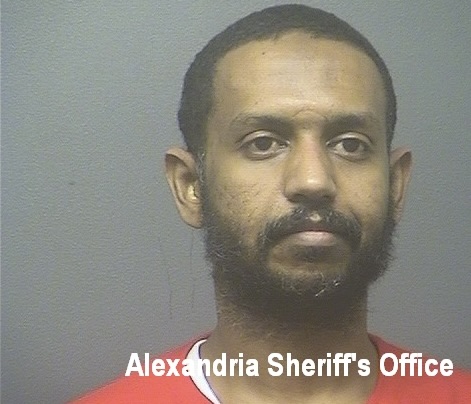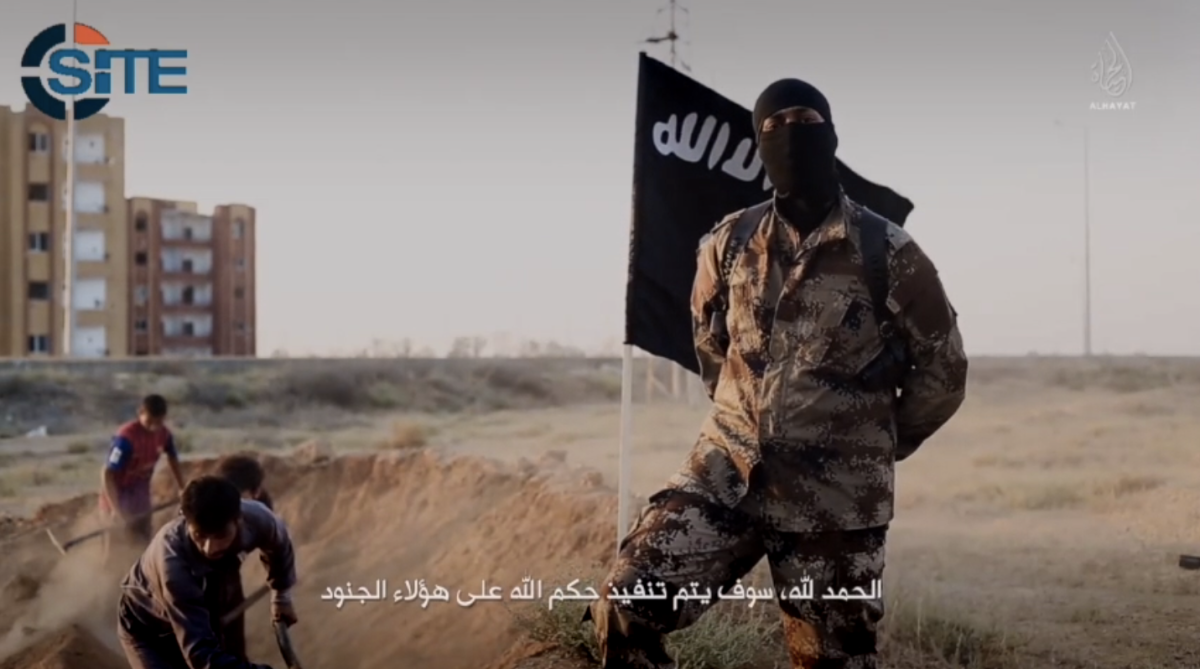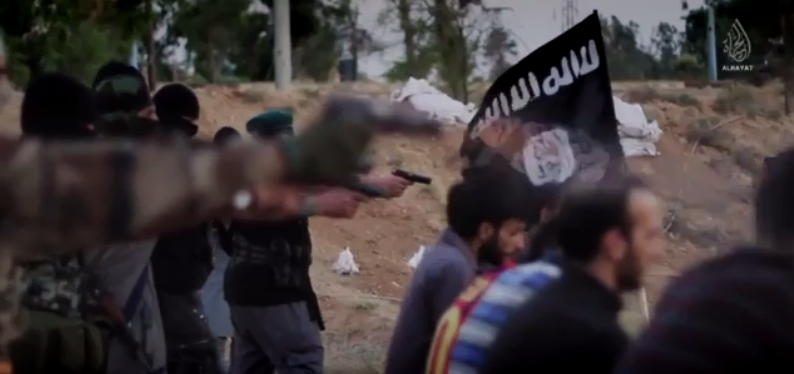U.S. prosecutors are seeking a life sentence for a Canadian they call one of the “most prolific propagandists” in the so-called Islamic State.

In materials filed in court ahead of his sentencing hearing, prosecutors said Mohammed Khalifa was a “formidable figure within ISIS.”
Not only did he produce gory videos used by ISIS to incite attacks and recruit, but he also executed two Syrian soldiers, the U.S. Attorney’s Office wrote.
“The defendant’s commitment to violence and the lethal terrorist organization he proudly served for over five years continued unabated until his capture,” according to the prosecutors.
A life sentence would be “a reasonable and appropriate punishment,” the prosecution argued in its sentencing memorandum. Khalifa’s lawyers want a 20-year sentence.
He was scheduled to be sentenced this Friday.
A 39-year-old IT worker who grew up in Toronto, Khalifa left Canada in 2013 for Syria, where he underwent training and used his English-language skills to narrate ISIS execution videos.
In the 2014 video, Flames of War, he was shown making Syrians dig their own graves and shooting a kneeling man in the back of the head. He did the same in a 2017 video, Flames of War II.
On Jan 13, 2019, he was firing at U.S.-backed Kurdish fighters in northeastern Syria when his AK-47 jammed and he was captured.
Although the RCMP was investigating Khalifa at the time, the United States took him into custody and flew him to Washington, D.C., to face charges.
He pleaded guilty on Dec. 10.
In an eight-page submission to the U.S. District Court, prosecutors said Khalifa had translated, produced and promoted ISIS propaganda.
“The defendant’s proficiency with the English language, intelligence and communication skills made him a valuable asset to the Islamic State’s cause,” they argued.

Get daily National news
The prosecutors said propaganda was central to the terrorist group, which use the materials to “recruit new members by spreading violent messages to active supporters and passive sympathizers.”
“Thus, the role of communication and propaganda becomes essential to the mission of terrorism: increase the frequency and intensity of violent events, promote anti-democratic values, instill fear, and divide populations and governments.”
“The Islamic State of Iraq and al- Sham, or ISIS, employed media and propaganda masterfully as part of its campaign of terror during the 2013-2018 time period.”
As ISIS was collapsing in Syria in early 2019, Khalifa left his role in the media branch and “elected to engage in fighting,” the prosecutors wrote.
He attacked a Syrian Democratic Forces position in Abu Badran, tossing grenades onto a rooftop where troops were standing, but his rifle malfunctioned and he was taken prisoner.
“The defendant served in a leadership position within the Islamic State, where he and the terrorist organization engaged in a prolonged pattern of grotesque and violent activity,” read the sentencing brief.

Following his capture, he told Global News in an interview that he was born in Saudi Arabia and lived in Italy before arriving in Canada with his parents.
Online, he began following conservative Islamic forums and listening to the extremist lectures of al-Qaida cleric Anwar Al Awlaki, he said.
He admitted that after he arrived in Syria he joined the ISIS media office and narrated the terrorist group’s videos and audio statements.
He expressed no remorse in the interview, a recording of which was later seized by the RCMP under a court order that Global News opposed.
But in a Jan. 16 letter to the judge, filed in court ahead of his sentencing, Khalifa claimed he had been tortured, said his father had died of COVID-19 and asked for leniency.
He “had the capacity to admit when I’m wrong, and to learn and rebound from my mistakes,” he wrote in the handwritten letter.
“I’m asking you to have confidence in me and give me another chance.”
His lawyers argued in documents filed Monday that by failing to prosecute Khalifa, Canada had passively caused the case to be “forum-shopped out to a jurisdiction with harsher penalties.”
“In Canada, Mr. Khalifa would be eligible for parole after ten years. And it would be the responsibility of the Canadian government and citizens to both pay for his incarceration and provide for his needs upon release,” they wrote.
“But by forcing the United States to take the case by doing nothing, the entire burden is shifted to the United States government and United States taxpayer. This should be disincentivized, lest other countries draw the same conclusions.”
About a dozen Canadians captured in Syria, as well as their children, are being held at camps for ISIS suspects in Syria.
The Canadian government has closed the door to repatriating them, saying it has no obligation to assist them or bring them home.
Stewart.Bell@globalnews.ca










Comments